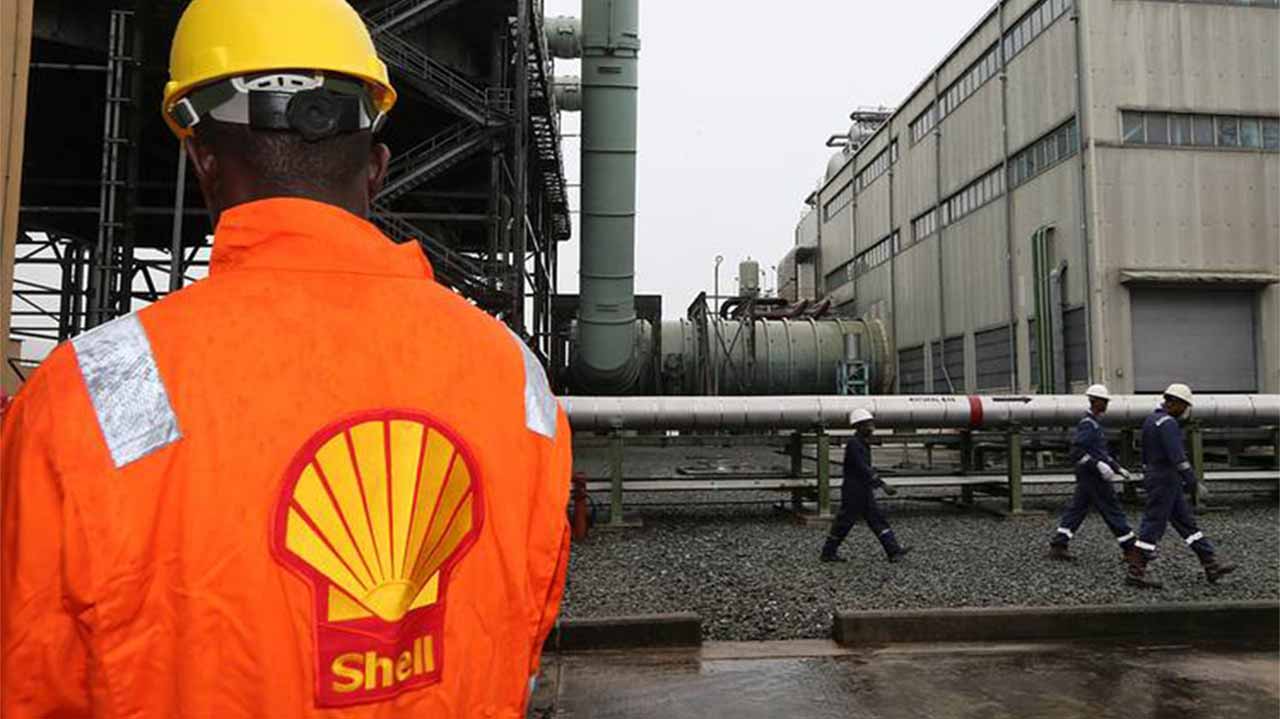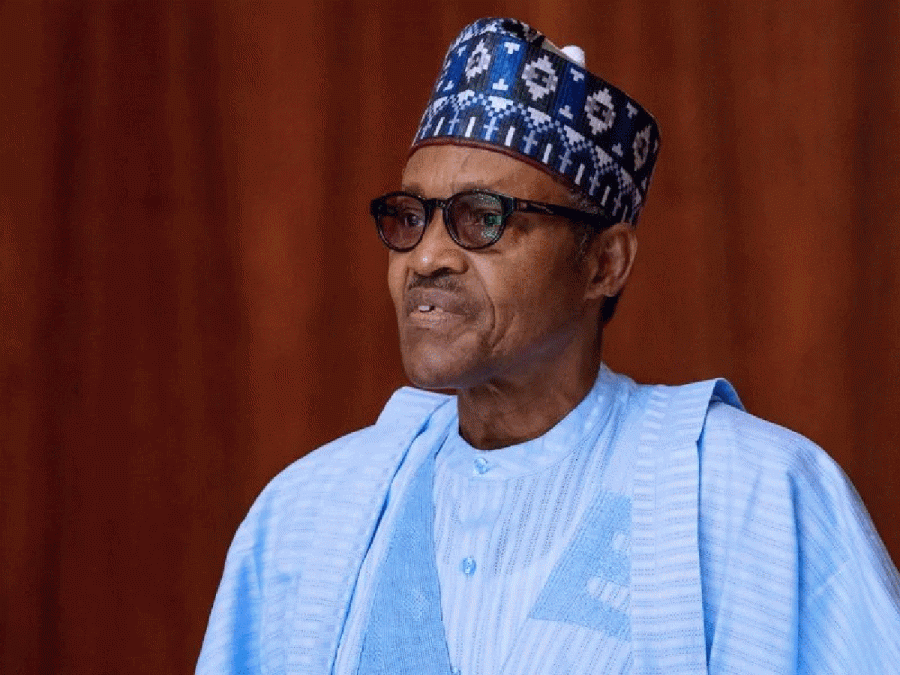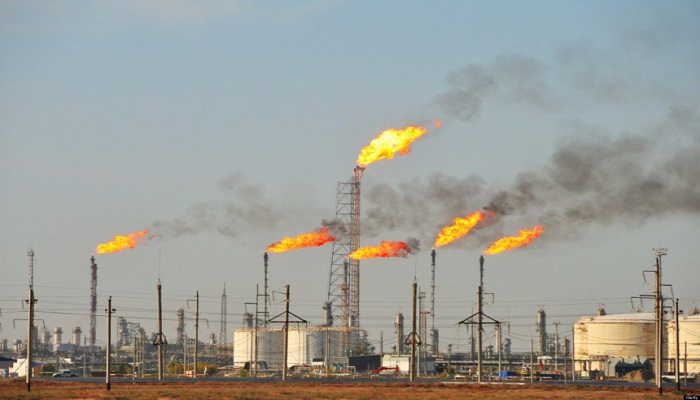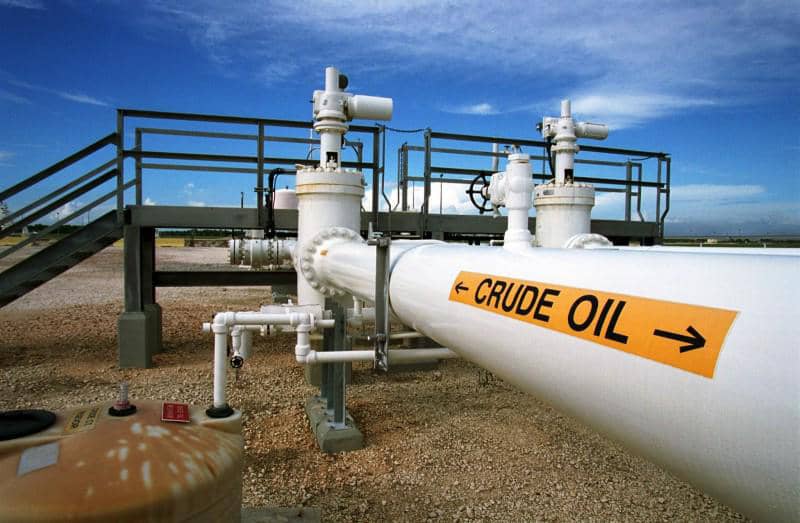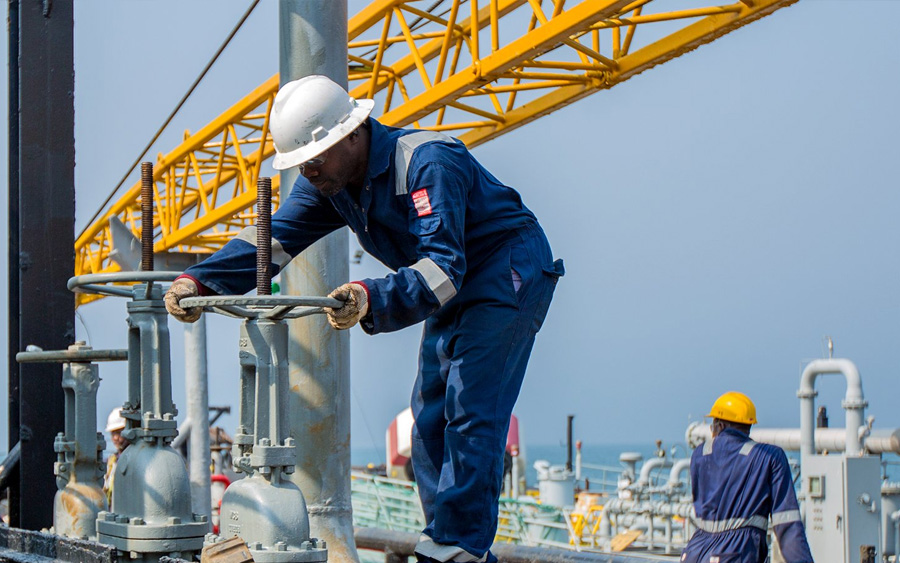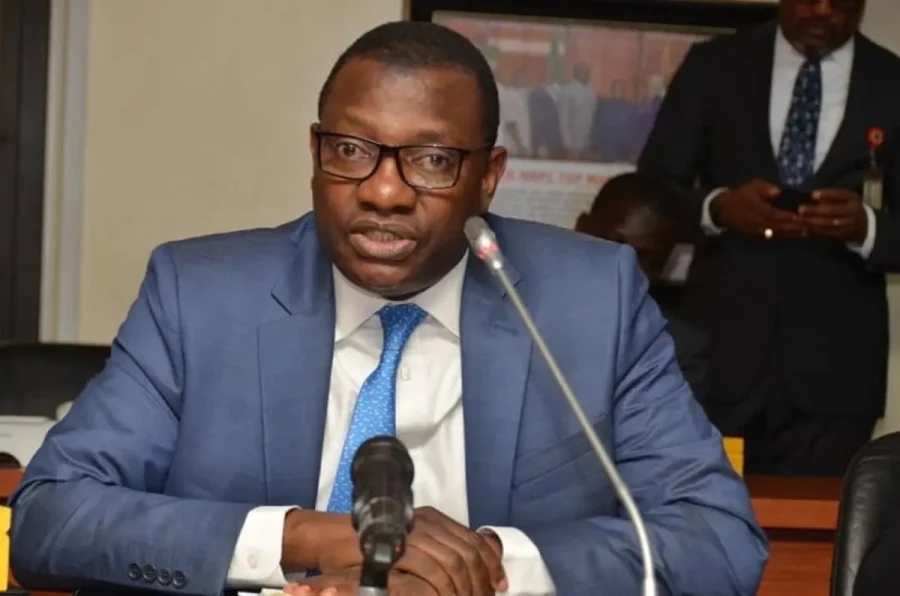On Wednesday, March 15, Shell Petroleum Development Company (SPDC) Nigeria Limited lifted the force majeure on its 250,000 barrels per day (bpd) Bonny terminal in Rivers state.
A statement made available by SPDC said the force majeure was lifted on Wednesday, March 15, 2023.
- “The Shell Petroleum Development Company of Nigeria Limited (SPDC), operator of the SPDC joint venture, has lifted the force majeure on the Bonny export programme with effect from Wednesday, March 15, 2023,” said part of the statement.
The backstory: In 2022, Shell declared force majeure on the Bonny terminal. At the time, the company said it was putting a stop to Bonny Light crude oil exports effective March 3, due to a slump in flows to the export terminal.
Now that the terminal has resumed operations, here is what to expect;
What this means for Nigeria: This is a good time for SPDC to lift the force majeure on its Bonny terminal. That’s because the price cap on Russian oil has created gaps in the global market.
Also, the International Energy Agency (IEA) has said that Russian oil exports are dropping due to sanctions. The agency stated this in its March 2023 Oil Market Report.
- According to the report, Russian oil production remained near pre-war levels in February 2023. However, Russia’s exports to world markets fell by more than 500 thousand barrels per day (kb/d) to 7.5 million barrels per day (mb/d).
- Russia already announced that it expects its oil and gas production to fall this year compared to 2022, partly due to the production cuts announced for March 2023. According to the Russian Energy Minister, Nikolai Shulginov that for 2023, they expect oil production levels to be slightly lower because of the voluntary reduction in output.
Nigeria’s oil production will improve: Once oil exports are on the rise, the country will produce more. February 2023 data from the Nigerian Upstream Petroleum Regulatory Commission (NUPRC) and the Organization of Petroleum Exporting Countries (OPEC) show that Nigeria produced 1.3 million barrels per day of crude oil (aside from condensates).
If the Bonny export terminal resumes exports, the country will produce more and that is in line with the pledge earlier made by the NNPC to increase production in 2023 and meet its 1.8 million barrels per day set by OPEC.
All stakeholders will deliver better: Now that the country knows what is at stake when it comes to oil production and its importance to the country’s revenues, the security agencies and host communities will be more sensitive to any illegal activity that could hamper production and other activities at the terminal. In December 2022, Bala Wunti, the Chief Upstream Investment Officer (CUIO) at the NNPC Upstream Investment Management Services (NUIMS) said that security vulnerabilities were being addressed to ensure the return of the Bonny terminal. He said the vulnerabilities were being tackled through a three-pronged collaborative approach – the security agencies, the regulators and the operators.
What you should know: Nigeria’s Bonny Light benchmark was trading at $72.51 at 6:18 am (GMT+1) on March 16.

